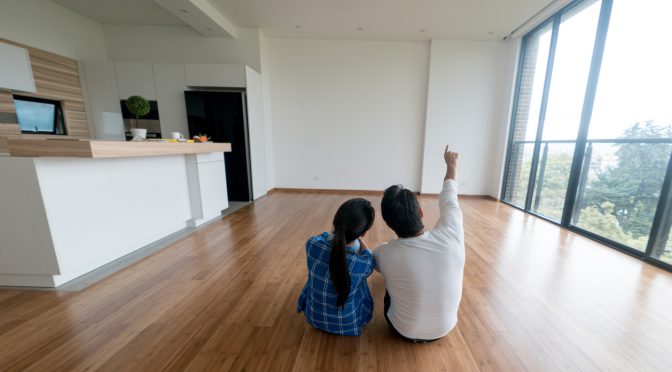You’re willing to accept the inconveniences that come with living in a co-ownership property and you are now ready to start looking for units. Be careful! Buying a condominium is not the same as buying a house.
Are you looking for a divided or undivided condo unit? A new condo or an older one? These are two contrasting realities. A new condominium will be more modern. You might even be able to look at the blueprints of the unit under construction and offer a few of your own ideas. In addition, maintenance costs will be lower since the building is brand new. Keep in mind, however, that you will have to deal with a promoter. Sometimes, he or she tends to make last-minute changes without advising the future owners. Proceed with caution. Here is a question you should ask: Will you have to pay a monthly housing charge? If you are the Eco-friendly type, new housing is more likely to meet your criteria than older buildings, since the materials used are more current.[……]






